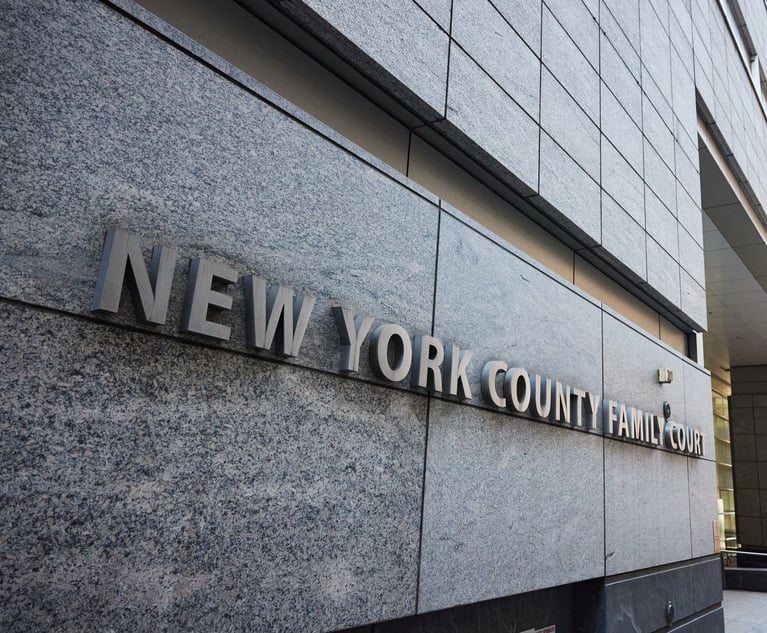Criminal defendants base many appeals on the lack of effective counsel. Arguably, claiming their counsel was ineffective could be the first thought that defendants may think about after losing at trial. It could be human nature to place the blame upon someone else after losing. However, to make a valid argument, defendants on their appeals or their appellate counsel have to meet the threshold standard to have a judgment reversed, modified or remanded to the lower court because of ineffective counsel, and in New York, because of the lack of meaningful representation.
To make a viable argument on appeal, the appellant has to show that counsel at the trial level, or counsel at the appellate level when appealing to a higher court, failed to meet the standard set forth in federal or state law to be effective counsel. The standard differs between federal and New York law.
This content has been archived. It is available through our partners, LexisNexis® and Bloomberg Law.
To view this content, please continue to their sites.
Not a Lexis Subscriber?
Subscribe Now
Not a Bloomberg Law Subscriber?
Subscribe Now
LexisNexis® and Bloomberg Law are third party online distributors of the broad collection of current and archived versions of ALM's legal news publications. LexisNexis® and Bloomberg Law customers are able to access and use ALM's content, including content from the National Law Journal, The American Lawyer, Legaltech News, The New York Law Journal, and Corporate Counsel, as well as other sources of legal information.
For questions call 1-877-256-2472 or contact us at [email protected]


 Credit: sirtravelalot/Shutterstock
Credit: sirtravelalot/Shutterstock




